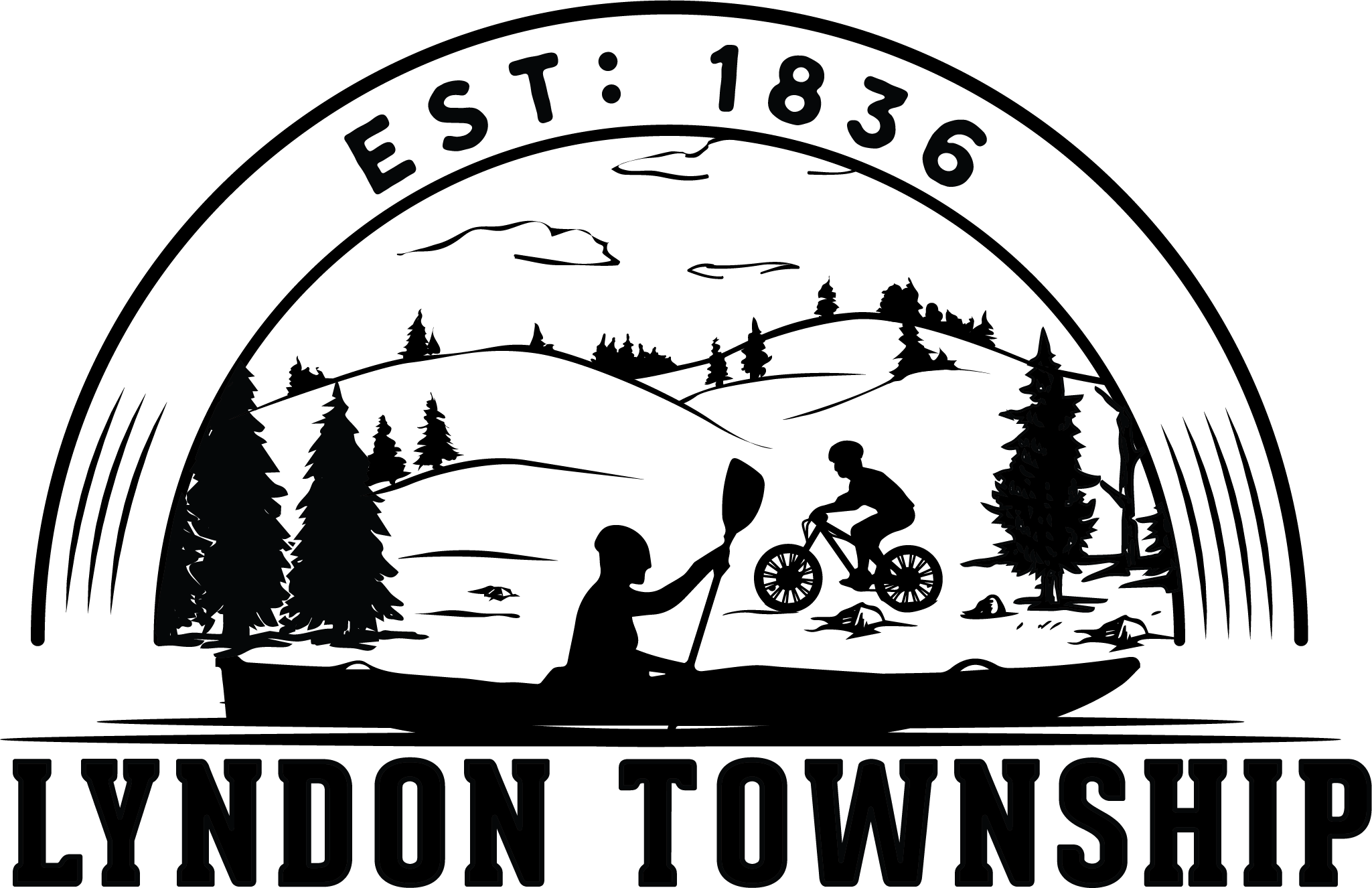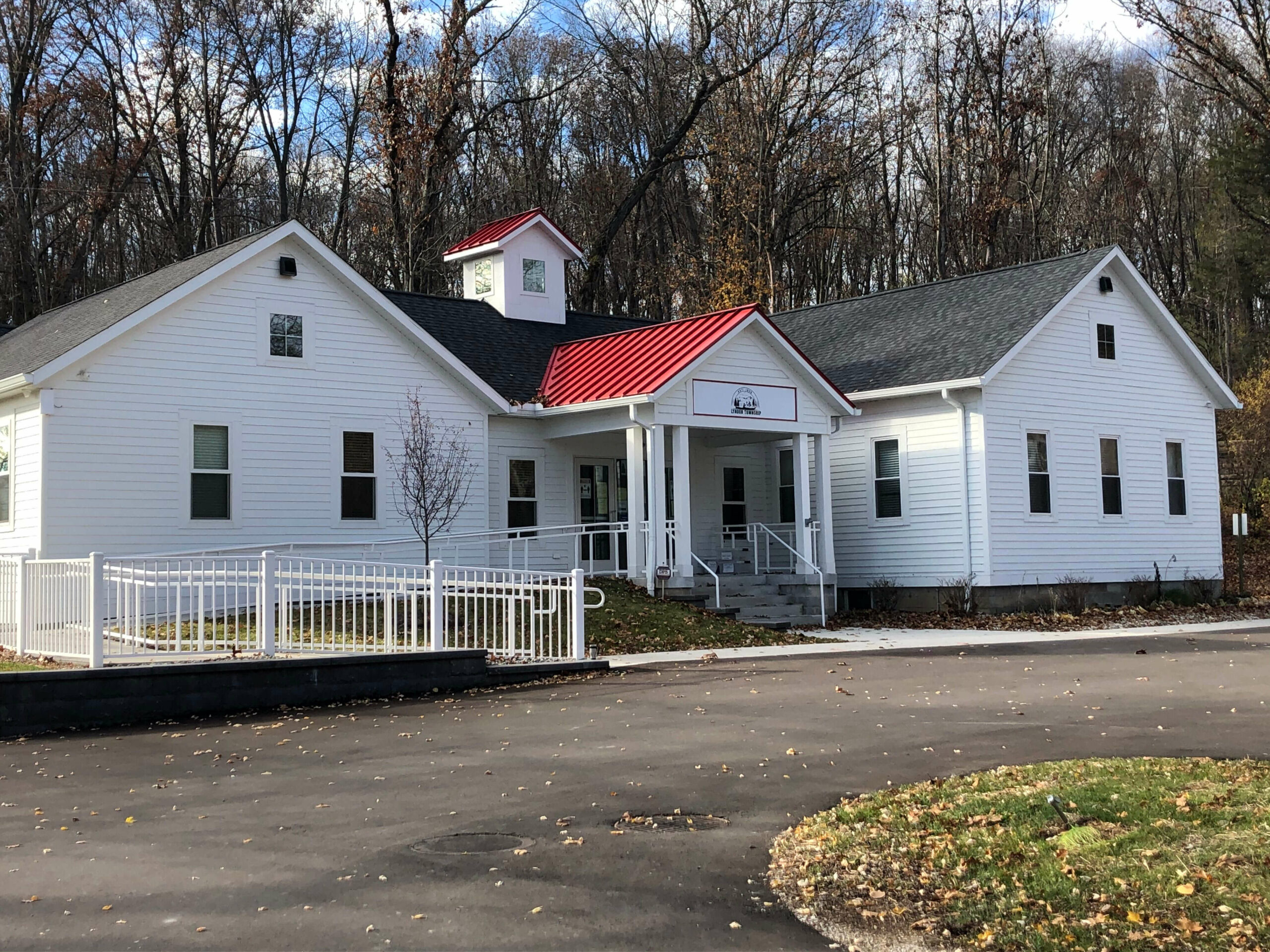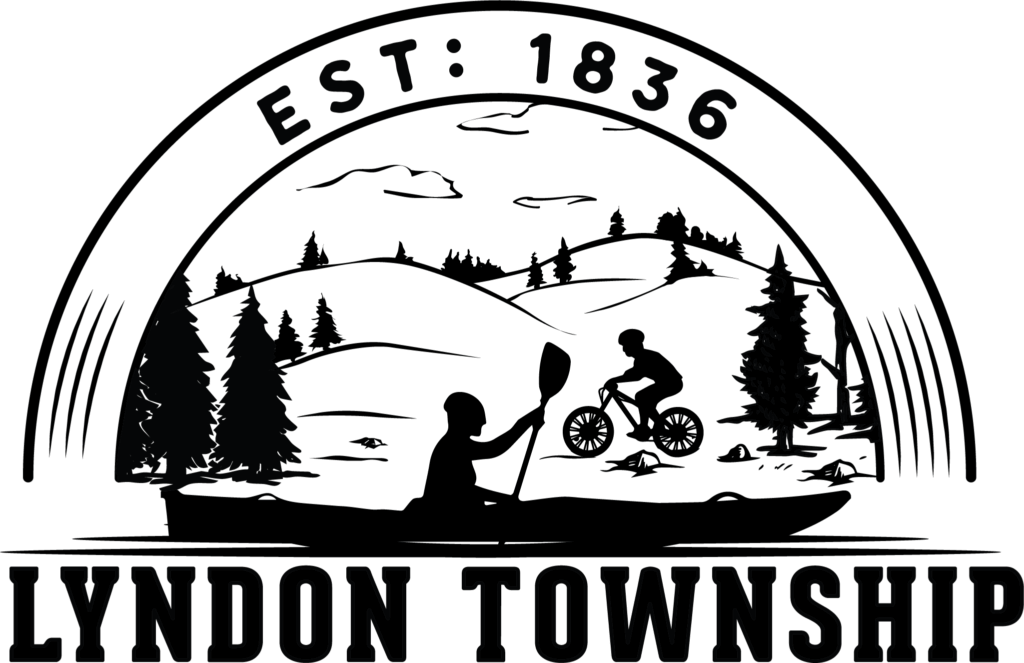There is a lot of misunderstanding about property taxes, even though it is one of Michigan’s oldest forms of taxation.
Each year at the March Board of Review property owners have the opportunity to protest the ASSESSED VALUE of their property.
The Board of Review can ONLY hear complaints regarding your Assessed Valuation or property classification.
The millage rate for schools, county and township government can only be raised through a vote of the people. Non -voted Special Assessments can be a part of your tax bill for sewer, water, public improvements, roads, police, fire or recycling. The Board of Review cannot do anything about the millage levied against your property. Before being heard by the Board of Review, you will need to fill out a short form (petition) explaining why you believe your ASSESSED VALUE is too high or why you believe your property is not classified properly.
Please look carefully at your “NOTICE OF ASSESSMENT, TAXABLE VALUATION, AND PROPERTY CLASSIFICATION” form.
This form is mailed to you in February each year. If your property is your primary residence and you are claiming your HOMESTEAD EXEMPTION the property classification should read “100%” If the property is currently being farmed and/or is enrolled in a U.S. Department of Agriculture program or is a “qualified agricultural property” it may be classified as “100%”. (Note: this classification has nothing at all to do with zoning.)
In 1994 the voters of the State of Michigan passed “Proposal A” which changed the basis upon which taxes are levied on your property.
Each spring you receive in the mail a “NOTICE OF ASSESSED VALUATION.” Prior to the passage of Proposal A in 1994, your taxes were based upon the “SEV” or “State Equalized Valuation.” This manner of levying property taxes caused a serious hardship on many of the state’s taxpayers. As the “fair market value” escalated with inflation and values rose rapidly in high growth and desirable areas, the basis upon which your property taxes are calculated also rose at the same rate. (old formula: SEV x millage = property tax bill)
ASSESSED VALUE– The State mandates that all property be assessed within its classification at 50% of its fair market value. The fair market value represents what the property should sell for today on the open market or at a public auction.
SEV or STATE EQUALIZED VALUE— The SEV is usually the same as the assessed value. Washtenaw County Department of Equalization sets the “average” rate of increase for the Township by property classification (example: residential, agricultural, commercial, etc.) This action by the county and then the state is called “equalizing”. The Township has little to no control over the increased percentage set by the county and state.
TAXABLE VALUE — That value or amount upon which the millage rate is multiplied.
Taxable Value x Millage Rate = Your Tax Bill
In 1994 with the passage of Proposal A, your SEV (State Equalized Valuation) became “capped” , your assessed value and your taxable value were the same. In 1995, the first year after Proposal A, the Assessed Values began their upward spiral based on the true value, BUT THE TAXABLE VALUE CAN ONLY INCREASE AT 5% OR THE RATE OF INFLATION WHICHEVER IS LESS. Now we see dramatic changes in assessed valuation (SEV) on most properties in Lyndon Township and throughout Washtenaw County.
Actual sales studies conducted by the Washtenaw County Equalization Department on different classifications of property are the basis upon which these increases are calculated. The only way your TAXABLE VALUE can rise faster than 5% or the rate of inflation (whichever is less) is if your property becomes uncapped.
Some examples of what can cause your property to be uncapped are:
- You sell your property ownership change (through a will or probate, etc.)
- You add value to your property by adding a garage, deck, pole barn, addition, etc. (The added value of your addition, garage, deck, etc would result in an increase in your Taxable Value. You would not rise to your Assessed Value plus the value of your improvement. The Assessor would just add the value of your improvement to your Taxable Value.)
- When an error is discovered on your property card. Example: the assessor discovers that a pole barn, garage, addition, deck, etc. was inadvertently omitted on your assessment.
Consult an attorney or estate planner if you plan to transfer or will property to other family members and want to avoid uncapping your property.
Since Proposal A of 1994, the taxes levied against two very similar properties could be very different. Remember, properties changing ownership or houses built after 1994 may have significantly higher taxable values than those that have remained capped.
Dramatic changes in land prices throughout Washtenaw County and Lyndon Township have adjusted the assessed values on all property classifications.
For additional assessment information, please contact the Lyndon Township Assessor:
Courtney Borden
assessor@lyndontownshipmi.gov
ECF Land Analysis


